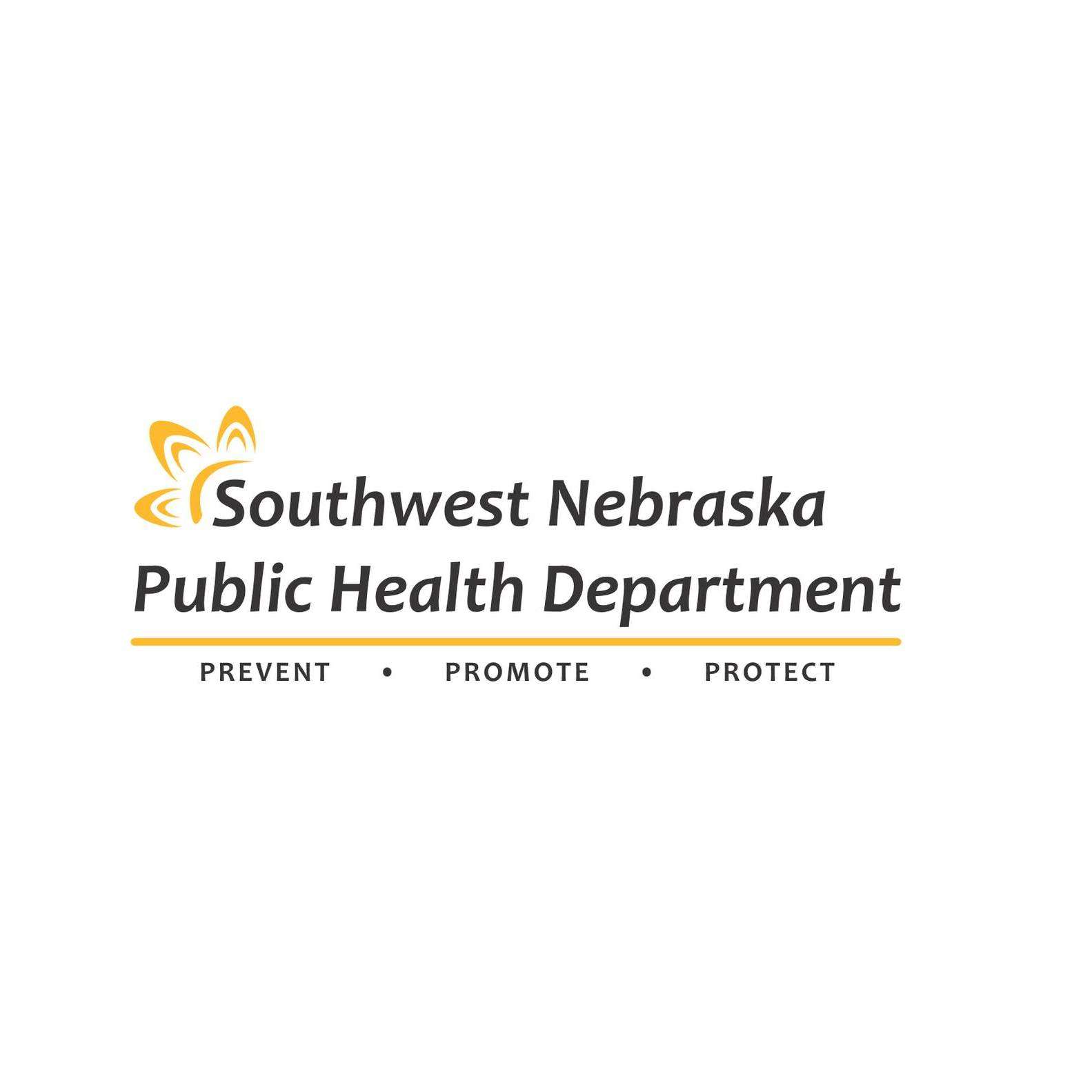
Southwest Nebraska Public Health Department (SWNPHD) is joining partners across the country to recognize National Lead Poisoning Prevention Week, October 19th to 25th, by raising awareness about the dangers of lead exposure and how families can take simple steps to keep children safe.
Lead poisoning is completely preventable, yet it remains a concern for families throughout Nebraska. Even small amounts of lead can cause serious health problems, especially for children under the age of six. Lead exposure can affect brain development, lower IQ, and cause attention and behavior problems that can last a lifetime.
“There’s no safe level of lead in a child’s body,” said Diana Garcia, Program Manager at SWNPHD. “The best way to prevent harm is through awareness, regular cleaning practices, and routine blood lead screening.”
In southwest Nebraska, one of the greatest risks for lead exposure comes from the area’s older housing. Many homes built before 1978 may still contain lead-based paint, which was commonly used at the time. As this paint deteriorates, it can create lead dust that settles on floors, windowsills, toys, and in the soil—areas where children are most likely to come into contact. The high number of older houses in the region increases this risk. For example, in Frontier County, 59% (almost 2 out of 3) of houses were built before 1959, according to the county’s Comprehensive Plan.
These factors highlight why lead exposure is especially relevant in older homes, but risks can also come from other sources such as plumbing that has lead pipes or lead solder, contaminated soil, imported pottery or toys, or “take-home” exposures from certain workplaces like construction, auto repair, or battery recycling, where lead particles from the worksite stick to boots or clothing.
In Nebraska, from fall 2023 through fall 2024, 36,725 children aged 1 to 5 were tested for elevated lead levels, representing about 20% of that age group. This statewide rate marks a modest increase from previous years, with public health efforts focusing specifically on children living in high-risk zip codes and those covered by Medicaid, which requires providers to do blood lead tests at 12 months and 24 months of age. Results data showed that 723 of those children (about 2%) had elevated blood lead levels.
In southwest Nebraska, blood lead testing coverage remains a critical local priority. As of 2023-2024, out of approximately 2,485 children aged 6 and under in the SWNPHD coverage area, just 134 were screened for elevated blood lead, which equates to about 5% of eligible children. This is substantially below the statewide average of 20% but does reflect an increase in testing due to community awareness, targeted outreach, and education campaigns.
This year SWNPHD launched a new lead screening service to improve access and convenience for families, increase the number of children screened locally, and address the risks associated with aging housing, lead plumbing, and take-home exposures in southwest Nebraska.
Parents and caregivers can take simple steps to protect children from lead exposure:
• Keep clean: Wash children’s hands and toys often. Wipe windowsills, floors, and other surfaces with a damp cloth or mop to reduce dust. • Be careful when renovating: Avoid sanding or scraping old paint without proper containment. Use lead-safe renovation practices in homes built before 1978. • Check your water: Test your water every 3 to 5 years. Run cold water for several seconds before using it for drinking or cooking, especially in older homes. • Get screened: SWNPHD offers free capillary blood lead level screenings by appointment for children ages 1 to 5 at the McCook and Ogallala offices.
“Lead poisoning can be silent—most children don’t look or act sick,” added Garcia. “Testing is the only way to know if your child has been exposed.”
SWNPHD encourages parents, caregivers, schools, and community partners to take part in National Lead Poisoning Prevention Week by learning more about lead hazards and promoting healthy, lead-free homes.
For more information or to schedule a lead screening, call 308-345-4223. Southwest Nebraska Public Health Department serves Chase, Dundy, Frontier, Furnas, Hayes, Hitchcock, Keith, Perkins, and Red Willow counties. Follow SWNPHD on Facebook, YouTube, and Instagram, or visit www.swhealth.ne.gov for additional resources to help prevent disease, promote wellness, and protect health across southwest Nebraska.




